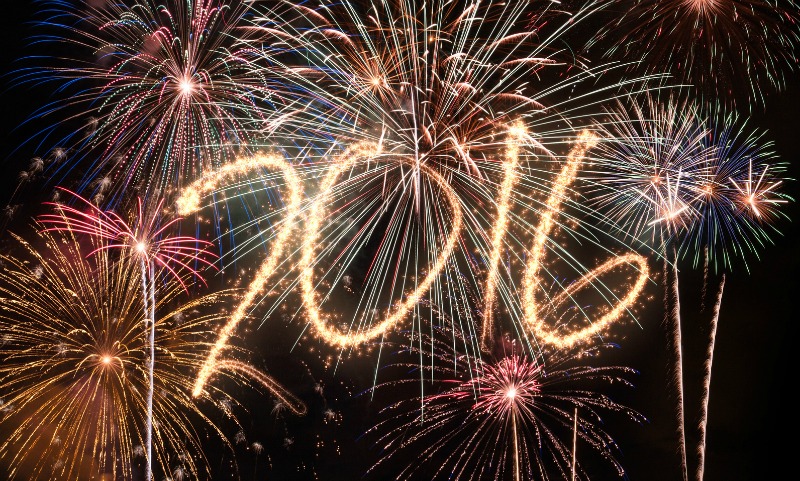Why head to Times Square when you could attend one of these more unique gatherings instead?
Sao Paulo, Brazil
the exception of its annual Carnival celebration, December 31st is the most exciting night of the year in Sao Paulo. Massive street parties swamp many of the city’s major thoroughfares and fireworks fill the night air. Two million celebrants alone are expected to flow into the Avenida Paulista this year. The locals also like to ring the new year by wearing “lucky” underpants—yellow ones for wealth, and red ones for those hoping to fall in love. Other regional traditions include taking a dip in the Atlantic Ocean shortly after midnight and eating twelve grapes to honor each of the preceding months of the year. Some Brazilians also refuse to eat chicken on the 31st because they “kick” their legs backwards while they walk and nobody wants to enter the new year the wrong way.
Amsterdam
The Dutch love fireworks, but they can only be legally sold in the Netherlands for a short period of time every December and many people buy the most powerful stuff that they can get their hands on. Amsterdam becomes especially chaotic on New Year’s Eve. As the hour approaches midnight, the streets of the Dutch capital are filled with exploding M80s and mortar shells. Needless to say, high powered explosives when coupled with copious amounts of alcohol can lead to mayhem. Every year, dozens of people are injured across the country and millions of Euros in property damage ensues, which is why a lot of cities are now creating “fireworks free” zones near zoos, hospitals, and elderly care facilities.
Tokyo
Drinking culture is huge in Japan so lots of people in Tokyo tend to get very tipsy every December 31st. Otosou, a type of spiced sake, is especially popular and those who opt to stay home to watch Kohaku Utagasen, an annual singing competition that’s as popular over there as Dick Clark’s New Year’s Rockin’ Eve with Ryan Seacrest is in the United States. New Year’s Day, however, is considered the more important of the two occasions. Many people place decorations around their homes, eat special types of food, send their friends and loved ones nengajo cards and visit temples on January 1st. One popular tradition involves hanging a hamaya (a wooden arrow) in the home in order to ward off evil spirits.









